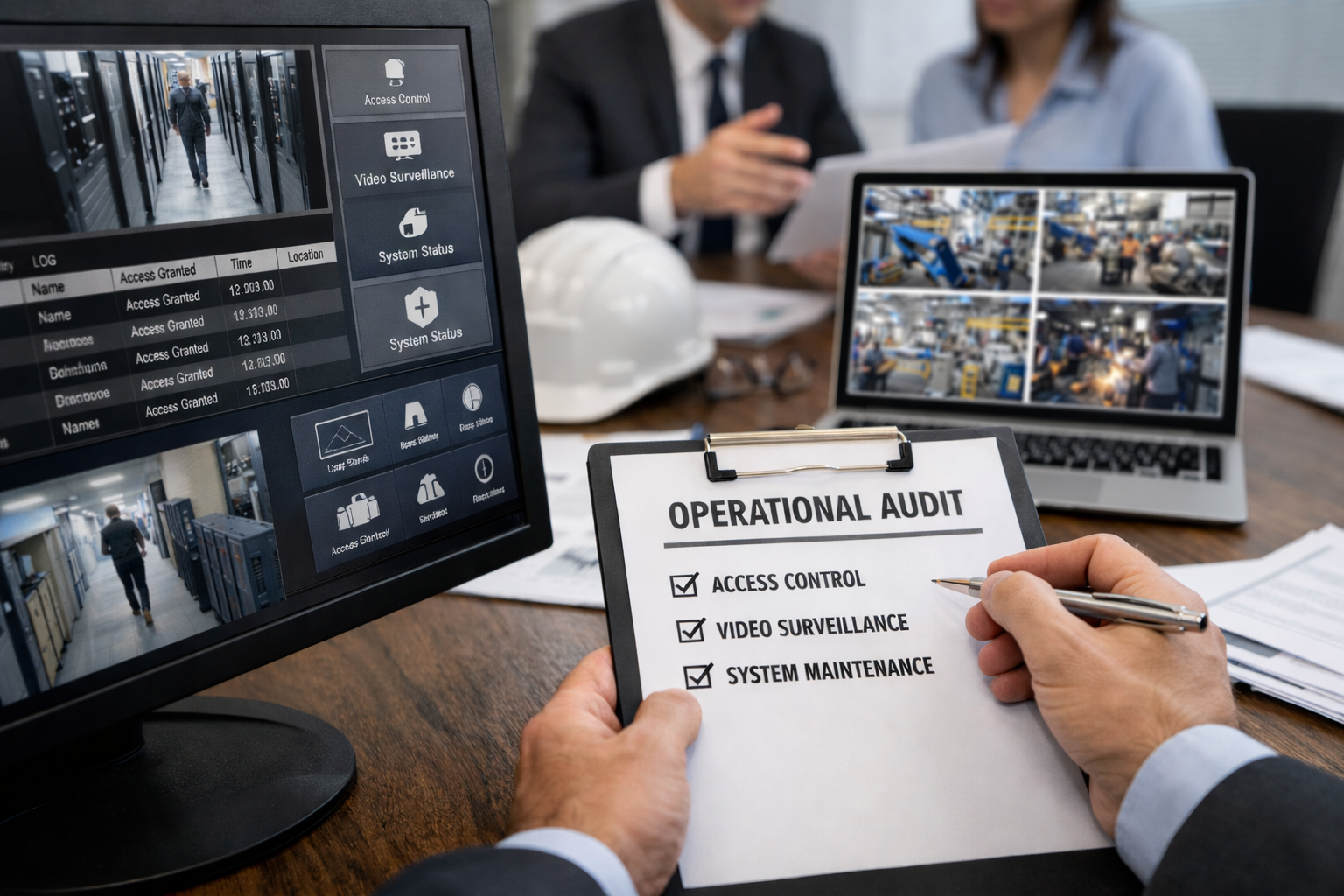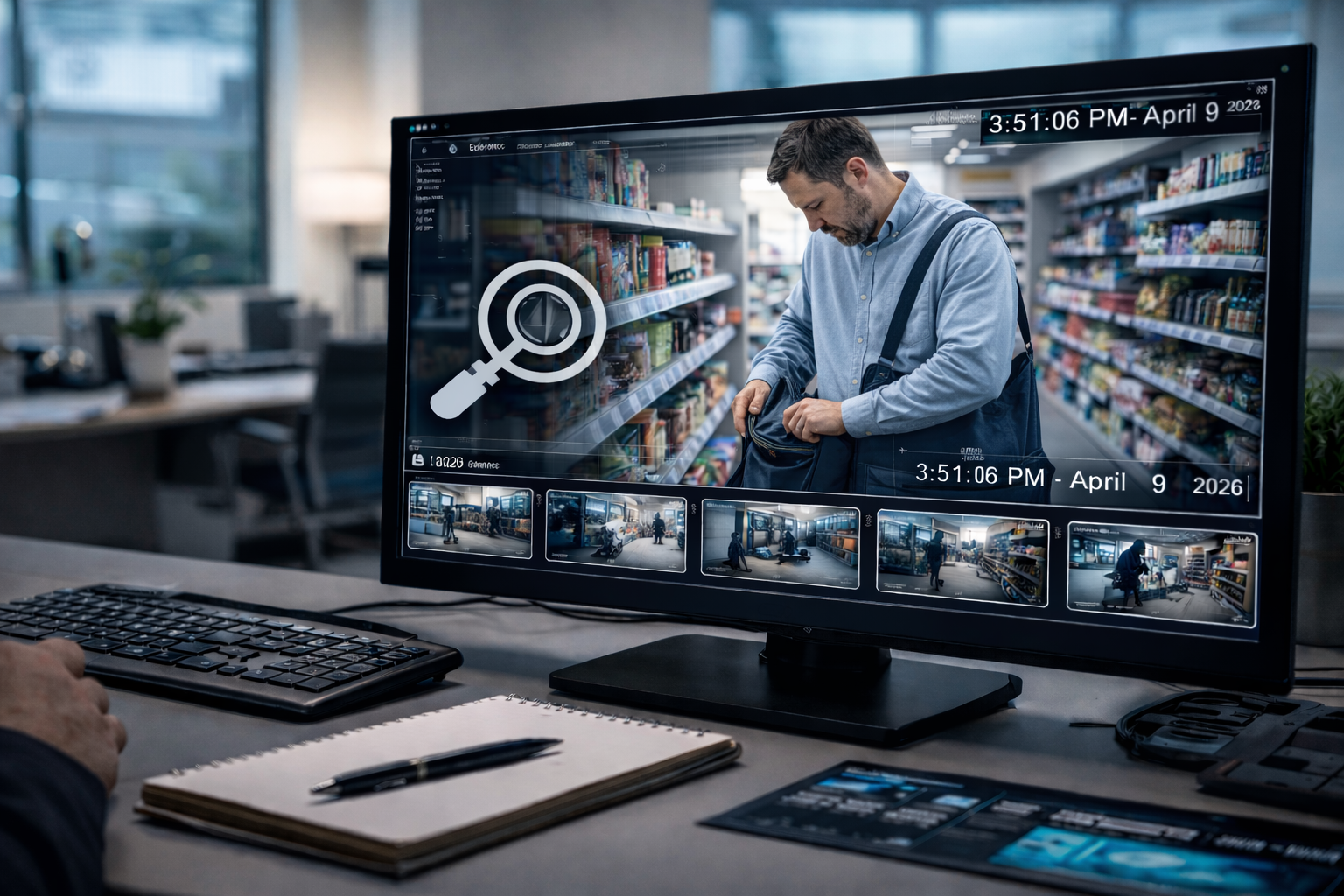I was recently asked by Lacie Nix of Angie’s List Indianapolis:
Why do you think that false alarms are still such a problem for some cities and companies? There is all this new technology available, what’s the remaining issue?
This triggered a streams of consciousness reply that really lays it all out on the table. enjoy.
This is a loaded question. The simplest answer is because of the human element. There’s multiple sides to that, but you have the three main parties involved and everyone has a piece of the blame puzzle. and then there is the equipment side of it to consider as well and how this all plays together.
The alarm company.
Most alarm companies sell contracts, and the alarms are merely the conduit for generating those contracts. Their focus is not on training or proper system design or in some cases, even on the protection of life and property. They are focused on generating contracts, and their metrics are about how many contracts are created, not how many people are protected, or how many of their customers use their systems. Look at most alarm company internal reports and you’ll see numbers for growth, attrition and chargebacks, but not for false alarm rates or false dispatch rates, or how many of their customers arm their systems daily. They don’t care, its all about the contract. Installers are paid based on how many they can install in a day and sales people are paid based on how many people sign on the line next to their social security number. The entire business structure of most alarm companies are not setup to serve the customer, only to enforce the contract. This is why its fitting that AT&T and Comcast have recently joined the alarm industry. They are great at enforcing contracts and dishing out customer no-service. The problem here is, you cannot legislate or regulate an industry into caring about its customers. The industry has to change from within, driven by people on a mission. That is how you make change, you disrupt an industry, and the alarm industry is ripe for disruption. We’re doing it as loudly as a local alarm company can and setting an example for others to follow.
The end user.
I’ve talked before about the illusion of security and how it can lull people into becoming complacent about their safety. The common theme is “Well, I have an alarm, so I FEEL safe.” This is why most customers who buy or receive an alarm after signing the dotted line don’t hold the security company’s feet to he fire on training. Part of this is because of the loss of value caused by alarm companies giving away very basic, underprotected systems for free in exchange for a contract they can get funded. The customer thinks its free, so it has no value to them and they don’t bother to get trained. Its the end users right to get trained on their system, but its their responsibility to value what that system does and understand it and most of all, use it properly. Our systems aren’t free because we dont sell the contract. We have to be profitable on the installation, this may not seem like a deal, but when you consider that as an alarm company we can’t hide behind the contract when you ask for training or service or have a question, or need a service call, companies like ours will do everything we can to keep a customer happy, and most of all safe with a system that is designed and functioning properly.
Most everything on the end-users cause list stems from training or lack thereof. forgetting how it works, forgetting your code, not remembering the system is armed, not thinking about the mylar birthday balloons in the corner by the motion detector, etc. The technician needs to train the customer in the proper use of the system, and this includes way more than how to arm and disarm. Customers also need to learn to demand better equipment and better training, this doesnt just mean touch screens and home automation, it means video or audio verification and enhanced call verification. End-users are trusting the alarm sales guy, and in most cases, that alarm sales guy is just a step above the door to door encycolpedia salesman. He’s not worried about cross zoning to reduce false alarms, or even thinking about what effect your dog or cat will have on your alarm system falsing when you’re not home, or if that glassbreak sensor will be effective after you change your drapes, he just wants that 3 year contract signed.
The responding party (police).
Because the majority of alarms are false, the police response is not a priority, unless there is some sort of verification function, like our SiteWATCH video verified alarm systems. When the Indianapolis Metro Police show up they do a cursory walkaround in most cases and depending on the officer they may or may not try to go inside the property. If nothing is immediately visible, its logged as a false alarm. Until the alarm industry reduces its false alarms to the point where its reasonable, we can expect local police to respond in this way, and honestly, its reasonable. One option is to use a guard service to respond before police, again something we offer, but most customers rarely implement because of the additional cost.
Video verification, like our SiteWATCH, ensures that police are only dispatched when there is a human being inside a property that is armed. This reduces false alarms, false dispatches and greatly increases the arrest percentage. This makes police happy. This equipment is more expensive than a standard alarm, so the standard alarm industry model doesnt work as well. You have to buy the equipment, and the general public is so accustomed to the free alarm system business model that this equipment is tough to sell to anyone who isnt serious about protecting their home and their family. Again, most people are lulled by the illusion of security, those of us who sell real security and real service have to work a little harder. In short, yes, the tech and the processes are there to lower false alarm rates, but most alarm companies are not installing this type of equipment.
Something is better than nothing, but that doesn’t mean it will work well. A proper alarm requires thoughtful design, skilled installation, proper training and a verified response process.
Armando Perez
General Manager
Hoosier Security








